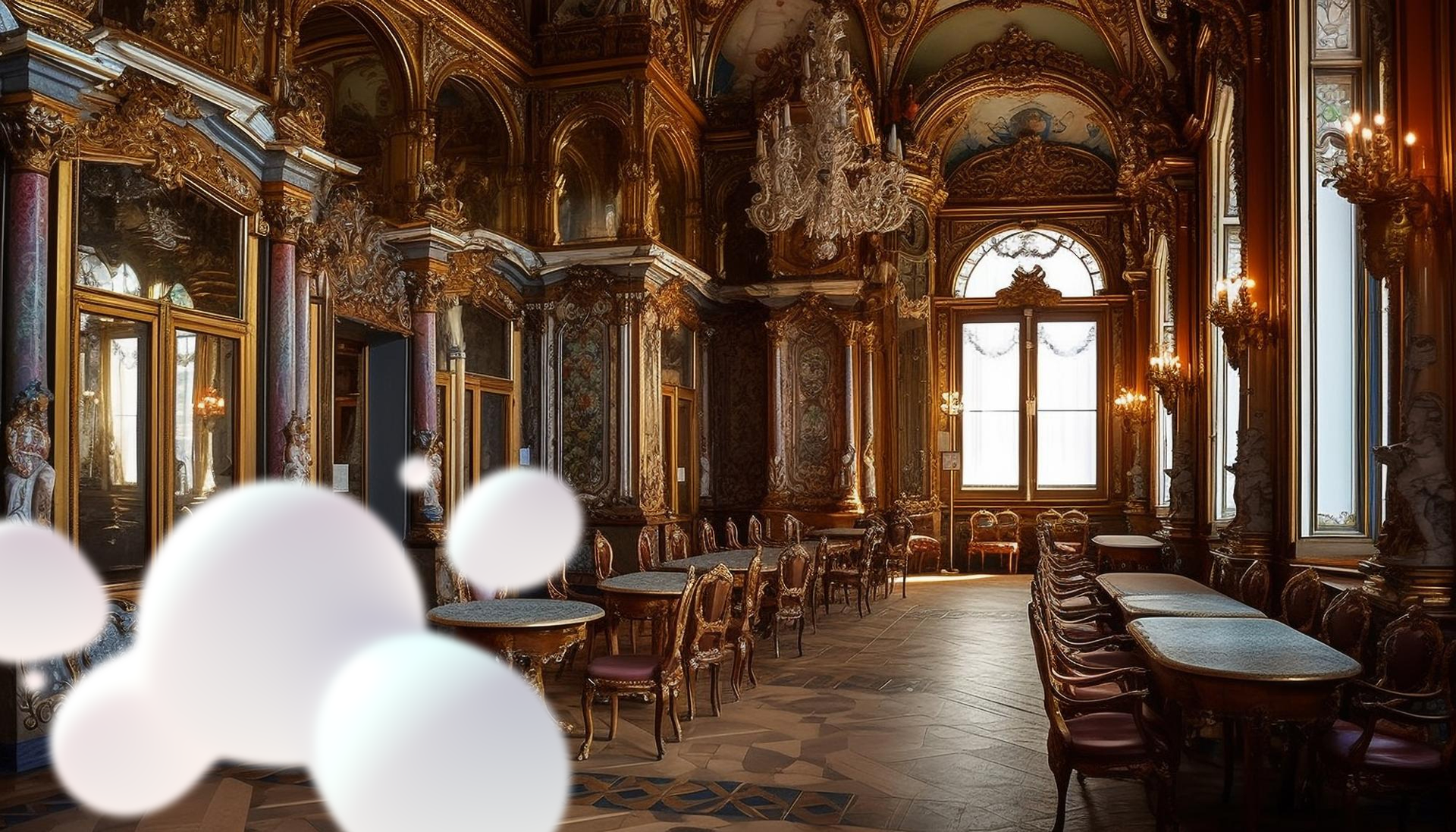The history of hotels is a fascinating tale that stretches back centuries, from modest inns to the luxurious establishments of today. Join us on a journey through time to explore how accommodation has evolved over the centuries, from its humble beginnings to today’s digital age.
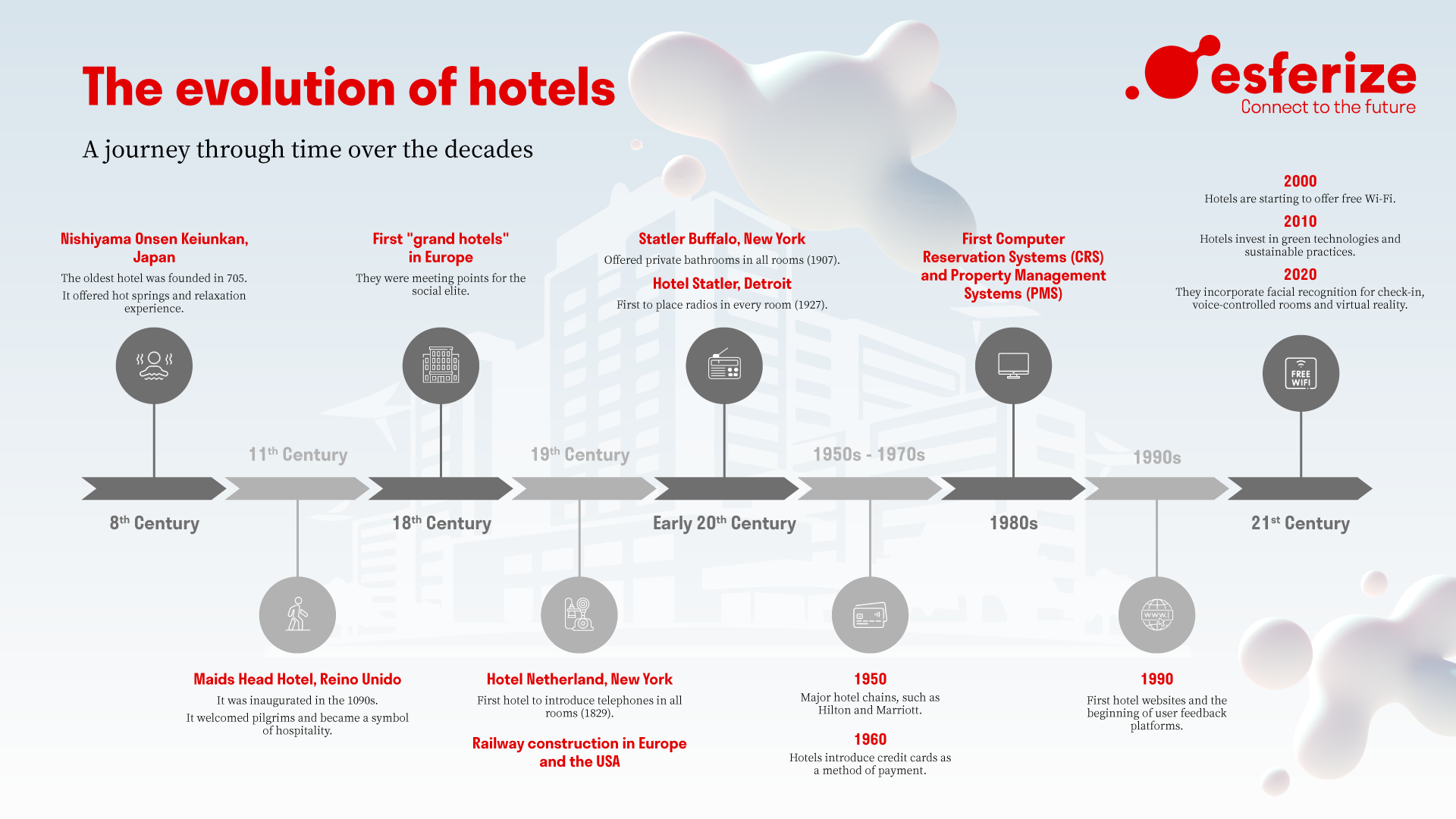
Ancient times: the origins of lodging
8th century
The Nishiyama Onsen Keiunkan in Japan, founded in 705, is recognised as the oldest continuously operating hotel in the world. The establishment has been welcoming travellers and guests for over 1,300 years, offering hot springs and a unique experience of relaxation and tranquillity.
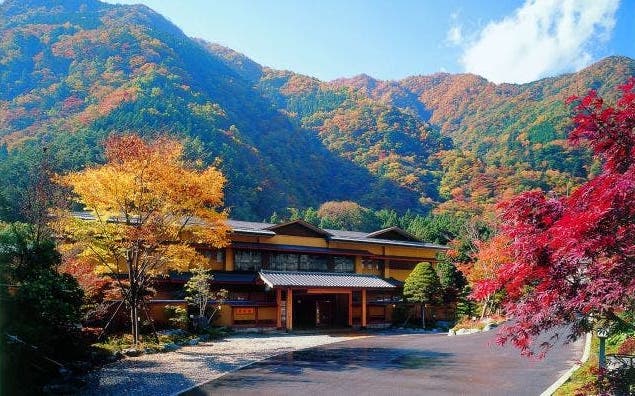
Nishiyama Onsen Keiunkan, the oldest spa hotel in the world
Middle Ages: lodging in medieval times
11th century
The Maids Head Hotel in Norwich, UK, opened in the 1090s and has been a symbol of hospitality for over 900 years. Originally accommodation for pilgrims visiting nearby Norwich Cathedral, this historic hotel has witnessed the history of the city and has welcomed countless travellers over the centuries.
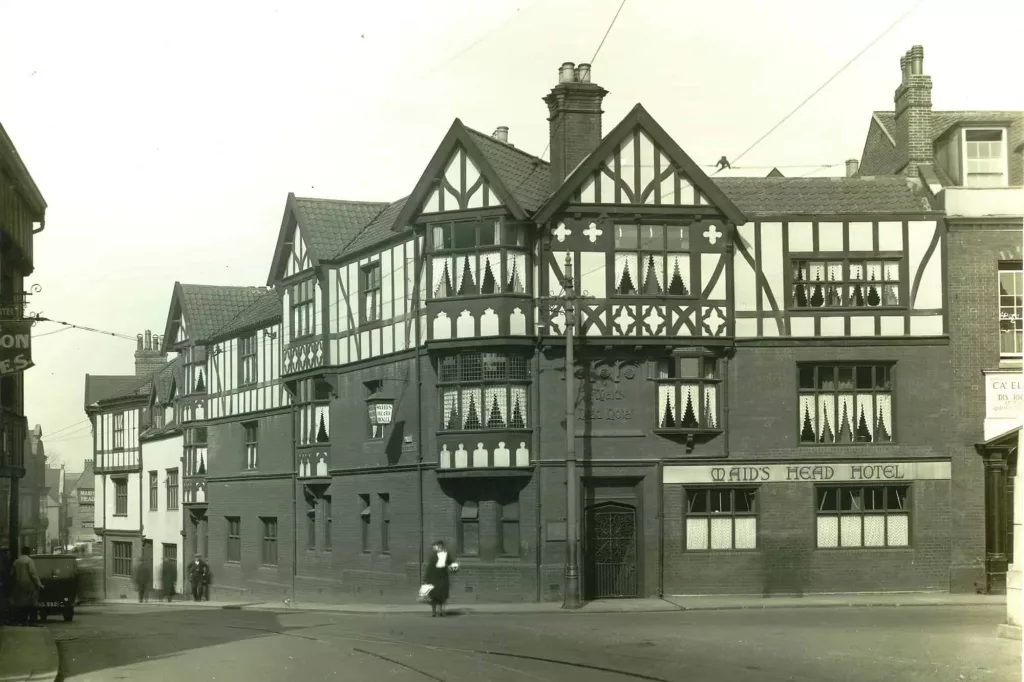
Maids Head Hotel en la antigüedad
18th century: the beginnings of modern hospitality
1700s
Appearance of the first “grand hotels” in Europe. These establishments were meeting places for the social elite and offered basic amenities such as food and accommodation.
19th century: expansion and elegance
1829
The Netherland Hotel in New York City becomes one of the first hotels to offer telephones in all rooms, marking an important milestone in communication for guests.
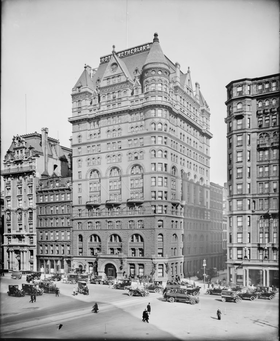
Netherland Hotel in New York
1860s
With the construction of railways across Europe and the United States, hotels began to flourish, offering accommodation to travellers and tourists.
Early 20th century: innovation and luxury
1907
The Statler Hotel (formerly known as the Buffalo Statler) in New York was the first hotel in the world to offer private bathrooms in every room when it opened its doors in 1907. This revolutionary breakthrough set a new standard in the hotel industry and transformed the lodging experience for guests.
1927
The Statler Hotel in Detroit is the first to offer radio in every room, adding a new level of entertainment for guests.
1950s to 1970s: the era of the hotel chain and global expansion
1950s
Emergence of the first hotel chains, such as Hilton and Marriott, standardising the guest experience worldwide.
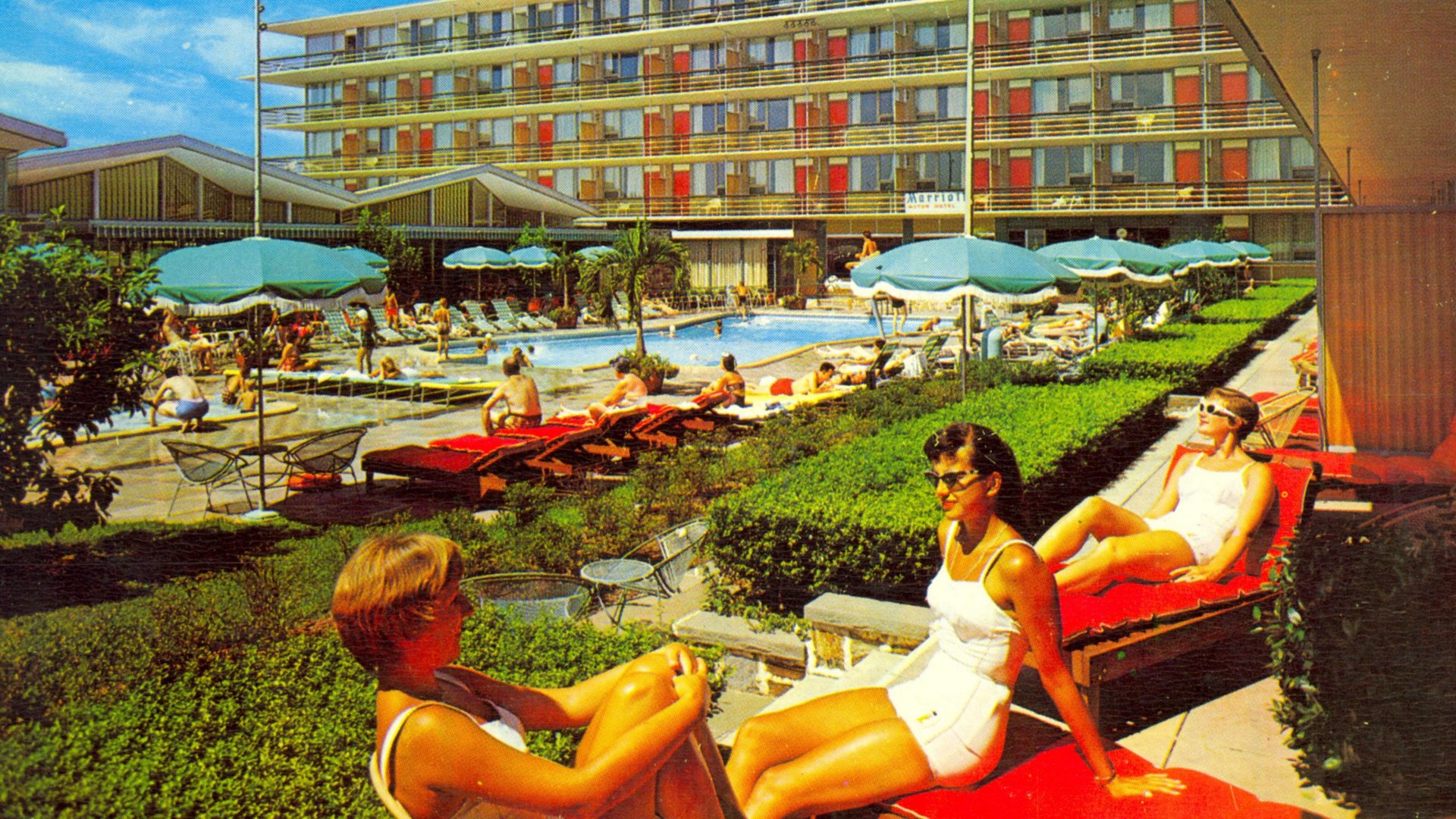
First J.W. Marriott: Twin Bridges Motor Hotel in Arlington, Virginia
1960s
Hotels introduce credit cards as a payment method, facilitating transactions and improving the customer experience.
1980s: the dawn of the digital age
1980s
The introduction of Computer Reservation Systems (CRS) revolutionises the hotel industry, allowing hotels and travel agencies to access inventories and make reservations in real time. This period also sees the beginning of automation in hotel management, with Property Management Systems (PMS) beginning to digitise internal operations such as room allocations, billing and staff management.

1990s: the spread of the Internet and globalisation
1990s
The expansion of the Internet radically changes the hotel booking landscape. The first hotel websites appear, allowing consumers to research and book directly online. This period also marks the beginning of user review platforms, such as TripAdvisor (founded in 2000), which began to gain popularity in the late 1990s, changing the way customers choose their accommodation. In addition, globalisation drives hotel chains to expand into new international markets, increasing competition and improving quality and service standards.
21st century: the digital age and sustainability
2000s
Hotels are starting to offer free Wi-Fi, responding to the growing demand from guests for always-on connectivity.
2010s
Sustainability is becoming a priority, with hotels investing in green technologies and sustainable practices to reduce their environmental impact.
2020s
Facial recognition technology for check-in, voice-controlled rooms and virtual reality for exploring services are becoming common features, offering hyper-personalised and contactless experiences.
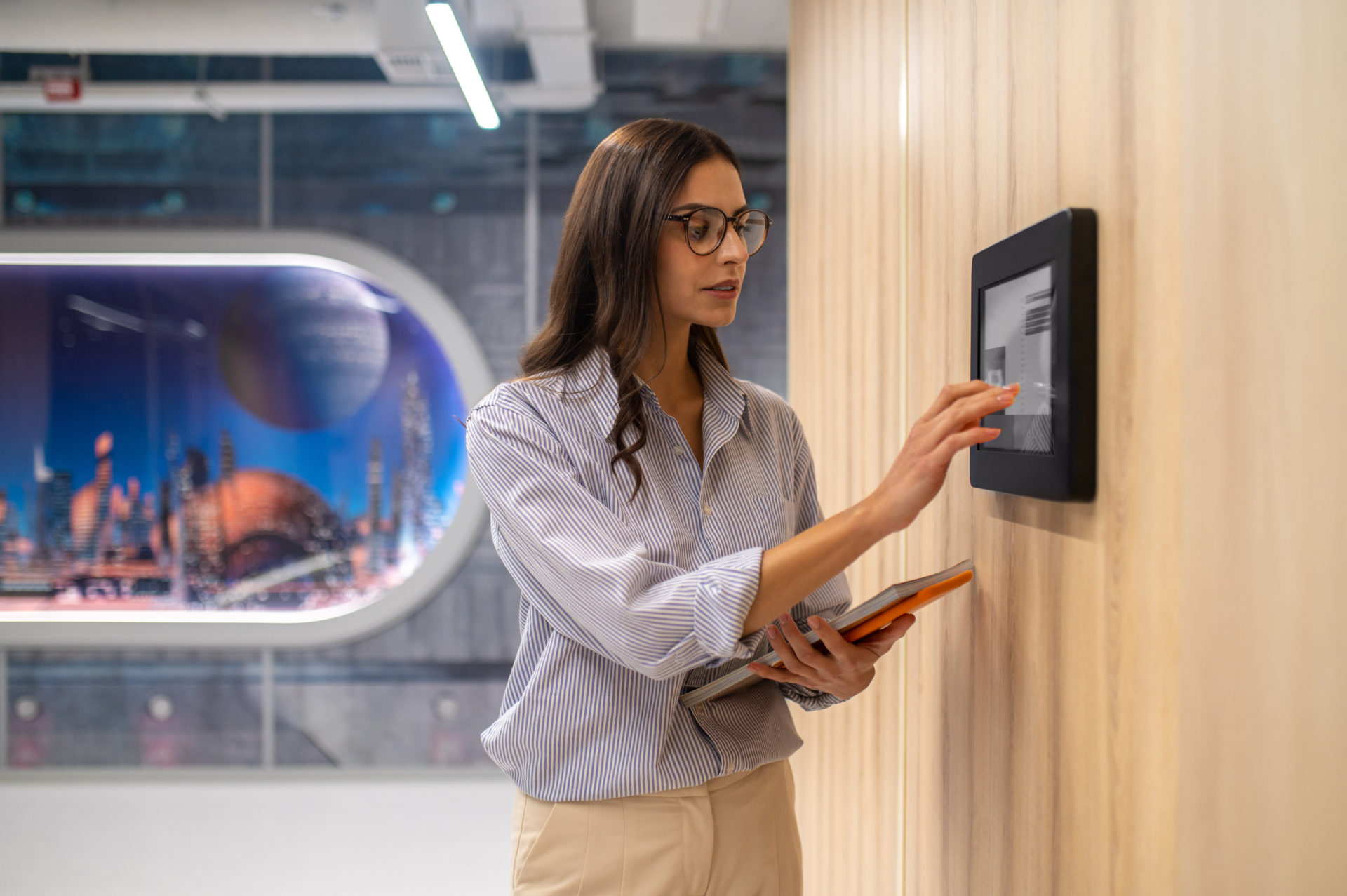
Looking ahead to the future
The hospitality industry continues to evolve, driven by technology and the desire to deliver exceptional experiences. As we move forward, we can expect to see more innovations, such as the integration of artificial intelligence to deliver personalised services, the use of robotics to improve operational efficiency and the development of even more sustainable practices that ensure the preservation of our planet for future generations of travellers.
This journey through time shows how each era has brought its unique set of innovations and challenges, taking the hospitality industry to new horizons of comfort, convenience and responsibility. With an eye on the future, Esferize is proud to be part of this continuous evolution, offering advanced technological solutions that enrich the guest experience and promote a more efficient and sustainable hotel operation.


